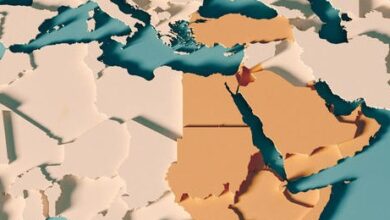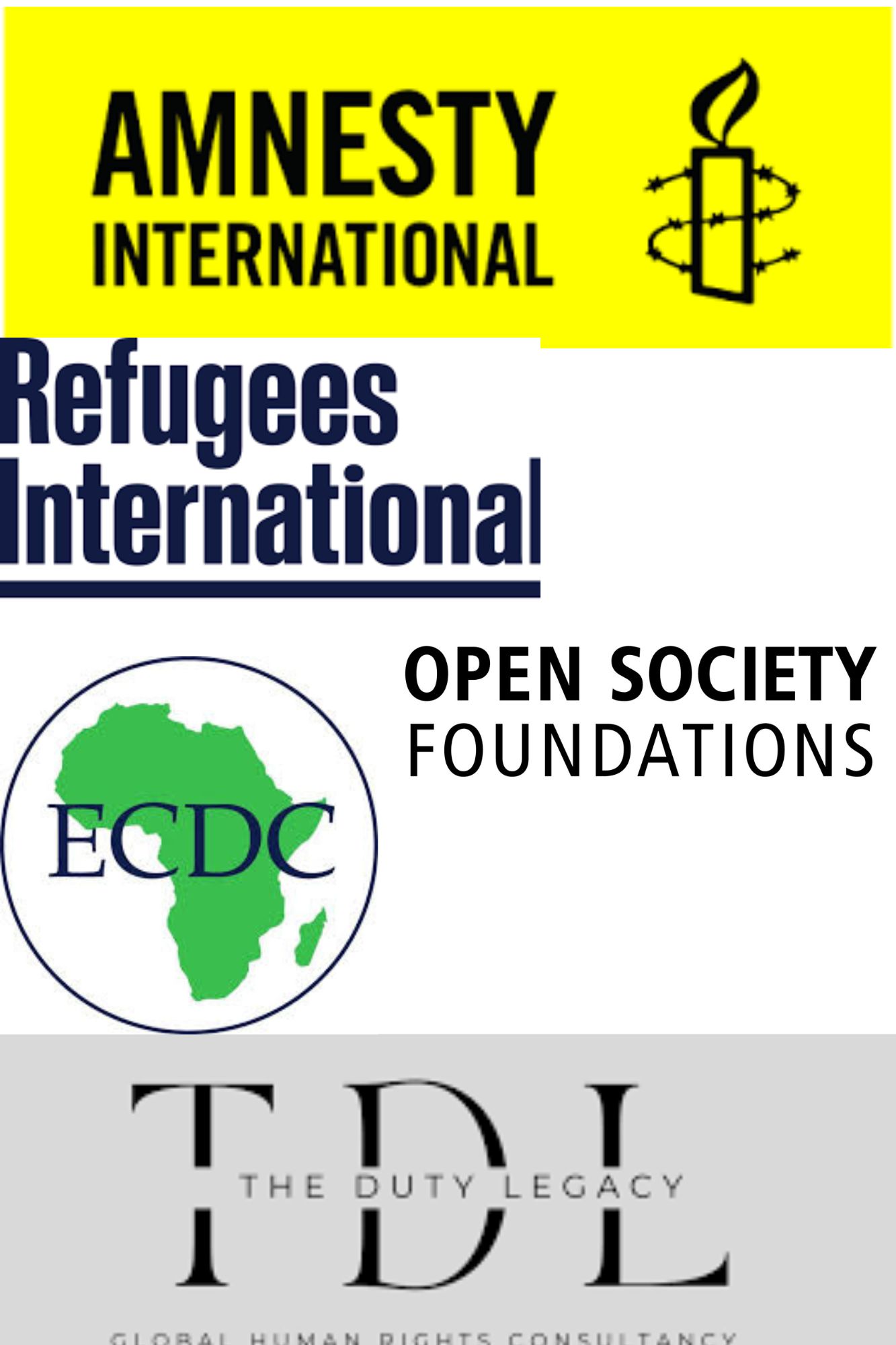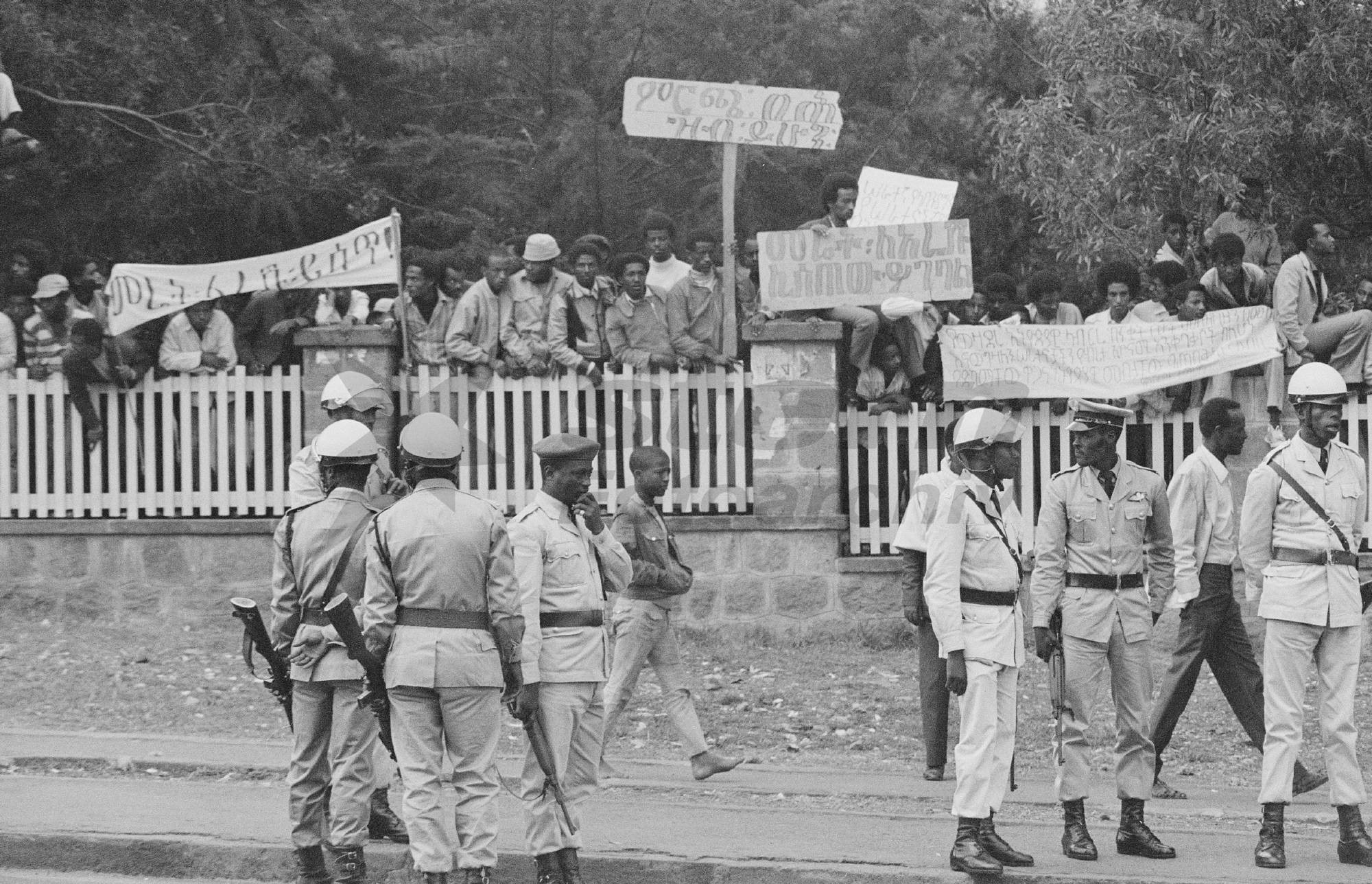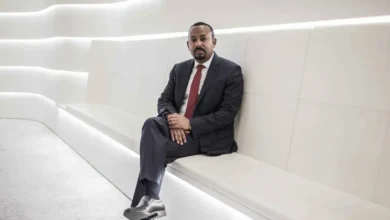Ethiopia stands at a critical juncture, grappling with its tumultuous history of human rights violations while facing ongoing conflicts. The country’s efforts to implement transitional justice reflect a complex interplay between addressing past atrocities and dealing with current realities. This dual focus presents both opportunities and significant challenges.
Prosecution of Gross Human Rights Violations amid Ongoing Conflicts
Ethiopia’s transitional justice policy aims to prosecute gross human rights violations, such as genocide, war crimes, and crimes against humanity, committed since the adoption of the 1995 Constitution. The policy attempts to balance retributive justice, which seeks to punish offenders, with restorative justice, aimed at reconciliation and healing. However, the efficacy of this policy is questionable due to the ongoing nature of conflicts in the country.
The temporal jurisdiction of the policy restricts criminal accountability to post-1995 violations, while truth-finding and reconciliation efforts are not time-bound. This approach aims to ensure accountability and the rule of law, yet the ongoing violence complicates the implementation of justice mechanisms. For instance, the policy prioritizes prosecuting major perpetrators, while secondary actors are dealt with through other transitional justice mechanisms like truth commissions and reparations
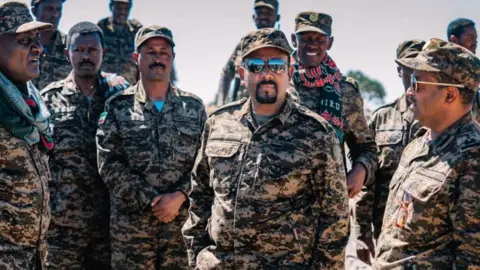
Transitional Justice in a Pre-Transitional State
Ethiopia’s situation exemplifies the challenges of implementing transitional justice in a non-traditional context. Unlike typical post-conflict scenarios, Ethiopia is in a “pre-transitional” state with no clear transition from conflict to peace. This reality risks undermining the legitimacy and effectiveness of the transitional justice process. The Ethiopian government’s current role in ongoing human rights abuses raises doubts about its commitment to genuine accountability.
Challenges and Implications
The transitional justice policy’s ambitious goals are undercut by practical and political constraints. The establishment of an independent prosecution office is crucial, but its success is hampered by the ongoing conflict and the government’s involvement in human rights violations. Furthermore, the lack of international involvement in prosecution processes risks perceptions of bias and partiality, which could erode public trust in the justice system.
International experiences from countries like Uganda, Colombia, and Afghanistan highlight the difficulties of pursuing justice amid ongoing conflicts. These examples underscore the necessity of at least a partial cessation of hostilities to create an environment conducive to effective transitional justice. Without such a transition, efforts to achieve justice and reconciliation may be seen as insincere or manipulative, potentially exacerbating rather than alleviating tensions.
Conclusion
Ethiopia’s attempt to navigate transitional justice amid ongoing conflict represents a precarious balancing act. The policy’s success hinges on the government’s ability to foster a peaceful environment and demonstrate genuine commitment to accountability. As Ethiopia seeks to address its dark past and turbulent present, the international community’s support and scrutiny will be crucial in ensuring that the process contributes to lasting peace and justice.
EAR Editorial Note : This is the author’s viewpoint and Views in the article do not necessarily reflect the views of EAR
